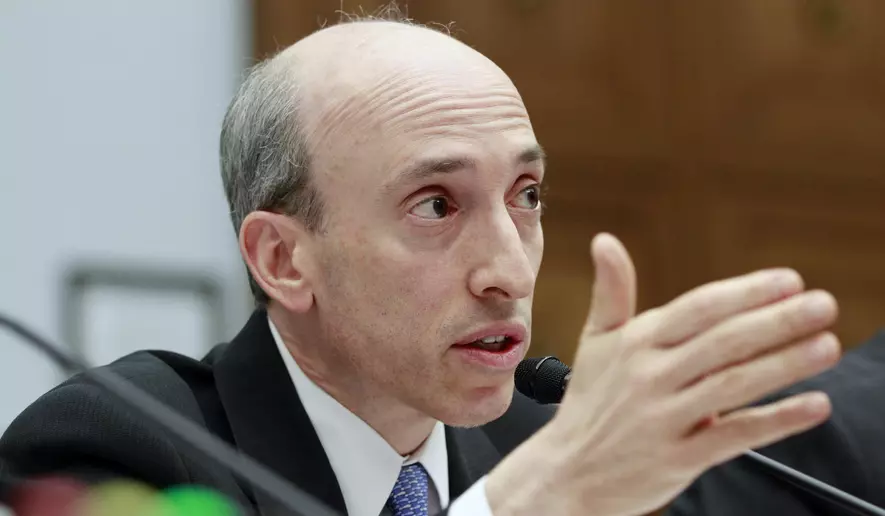
On Tuesday, the Securities and Exchange Commission approved a final rule that DeFi advocates criticize as “hostile” to the sector. This rule might force projects to register as dealers.
The U.S. Securities and Exchange Commission (SEC) broadened its definition of a dealer today, aiming to encompass a wider range of financial operations under its jurisdiction. This includes, as previously warned in a footnote of its original proposal, entities dealing with crypto securities.
“The commission is not excluding any particular type of securities, including crypto asset securities, from the application of the final rules,” according to the SEC’s description. “The dealer framework is a functional analysis based on the securities trading activities undertaken by a person, not the type of security being traded.”
The dealer rule is one of several regulatory initiatives related to crypto that were awaiting decisions from the SEC and other agencies, such as the Internal Revenue Service (IRS). While it received less attention compared to IRS tax measures and SEC proposals focusing on expanding exchange definitions and limiting crypto custody, this action could carry significant implications for the digital assets industry, especially within decentralized finance (DeFi).
“Absent an exemption or exception, if anyone trades in a manner consistent with de facto market making, it must register with us as a dealer – consistent with Congress’s intent,” SEC Chair Gary Gensler said in a statement.
The rule itself acknowledged that many people in the crypto industry, including those in DeFi, have raised concerns and expressed confusion about it.
“While some commenters stated that the proposed rules should not apply to so called DeFi, whether there is a dealer involved in any particular transaction or structure (whether or not referred to as so-called DeFi) is a facts and circumstances analysis,” the agency noted. “There is nothing about the technology used, including distributed ledger technology based protocols using smart contracts, that would preclude crypto asset securities activities from falling within the scope of dealer activity.”
The commission did think about making a special exception for crypto, as per the document. However, they decided against it because it might give crypto companies an unfair advantage over those that need to register.
Even though this change, which becomes effective in April next year, mainly focuses on electronic participants in the U.S. Treasuries market, the requirements will apply equally to any business affected by the expanded definition. A dealer must register with the SEC, follow securities laws, and become a member of a self-regulatory organization backed by the industry.
As the crypto industry often argues, many DeFi operations might find it extremely difficult to register or meet the SEC’s compliance requirements.
“Even though Uniswap is on a blockchain system that’s usually not controlled by any one group, it actually has a main organization that makes the big decisions about how it works. This fits with what the SEC is doing by calling these DeFi groups ‘dealers,’ which helps make things clearer and safer in this new world of digital money,” explained Gaurav Mehta, who started Catax, a digital asset aduting firm.
SEC Commissioners Mark Uyeda and Hester Peirce opposed the rule on Tuesday.
“Under the Commission’s approach, any person can be a ‘dealer’ if they buy and sell securities as part of a regular business,” Uyeda said, arguing that the change is “creating additional regulatory confusion for other markets, including crypto asset securities.”
“Not surprisingly, the rule reflects little thought regarding its practical application in the crypto markets,” noted Peirce, who has for years called for the agency to establish tailored regulations for crypto.
The DeFi Education Fund, along with other crypto organizations, opposed the initial proposal. They criticized the final version approved on Tuesday as “misguided and unworkable.”
“The SEC not only failed to confront the substance of our concerns but also failed altogether to articulate any discernible path to compliance for DeFi market participants,” the organization said in a statement. “Imposing obligations on entities in the DeFi ecosystem that cannot be complied with is wrong, impractical, and hostile to innovation.”